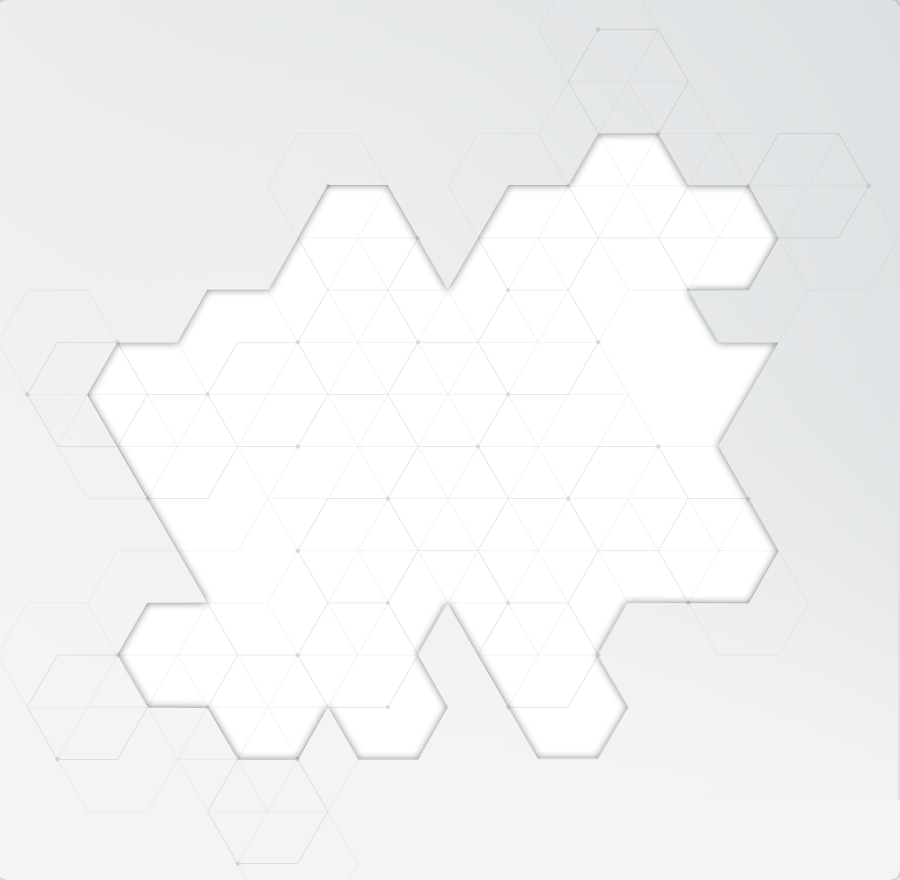

A synchrotron is a particle accelerator in which electrons travel in a closed loop, within the so called storage ring. A synchronous electric field accelerates the electrons to nearly the speed of light, while magnetic fields are applied to bend the trajectory to a desired shape. At the bending points, the electrons emit part of their energy in the form of intense, directional, and polarized light of a broad energy spectrum, from infrared to hard X-rays. The generated light (called the synchrotron radiation) can then be monochromatized and used as a primary beam for various photon-involving analytical methods (microscopies, spectroscopies, and diffractions). The radiation path and the apparatus utilizing the radiation are called a beamline.
The Materials Science Beamline (MSB) is a spectroscopy-dedicated beamline operated by the Charles University at the Elettra synchrotron in Trieste, Italy, since 2001. The beamline is versatile, suitable for experiments in materials science and surface physics, with catalysts or organic molecules on various surfaces (provided they are compatible with the ultra-high vacuum). The tuning range of the photon energy is 22–1000 eV, and the light is mainly linearly polarized. The photon beam can be used for "classical" ultraviolet and X-ray photoelectron spectroscopies (UPS and XPS), which probe occupied energy states in the surface of a material. Compared to conventional UV and X-ray sources, monochromatized synchrotron radiation provides a higher energy resolution and through the tunability allows to reach the optimal photoionization cross section and to regulate the level of surface sensitivity. Moreover, fine tuning of the photon energy makes more advanced spectroscopies possible: the resonant photoemission (ResPES) for fine analysis of valence states, the X-ray absorption (XAS) for studying unoccupied energy states, and the near-edge X-ray absorption fine structure (NEXAFS) for revealing the orientation of adsorbed organic molecules in self-assembled layers.


| tsud@mbox.troja.mff.cuni.cz | |
| +39-040-375-8095 +39-040-375-8060 |
© 2021 Matematicko-fyzikální fakulta Univerzity Karlovy.
Všechna práva vyhrazena. | Cookies